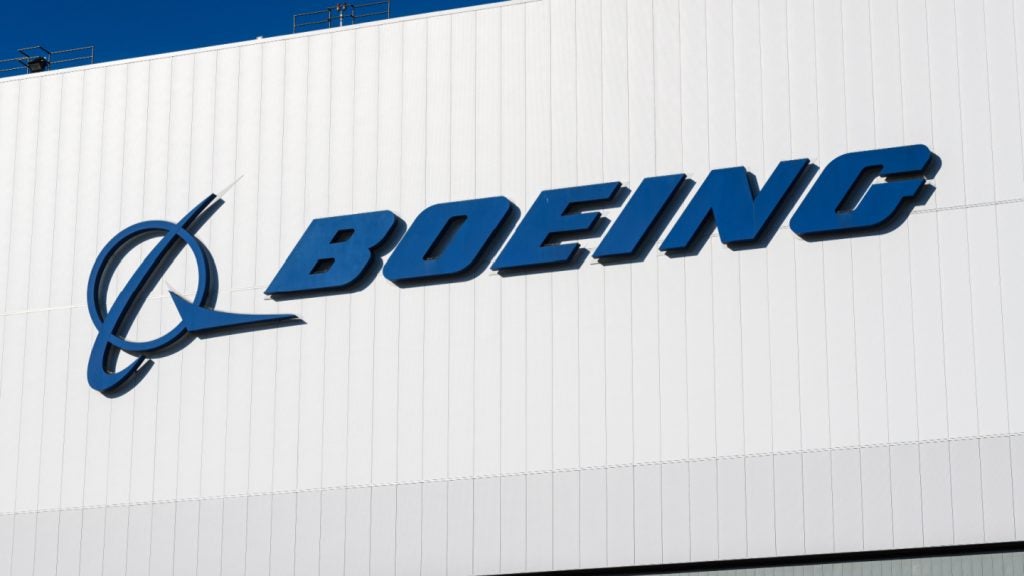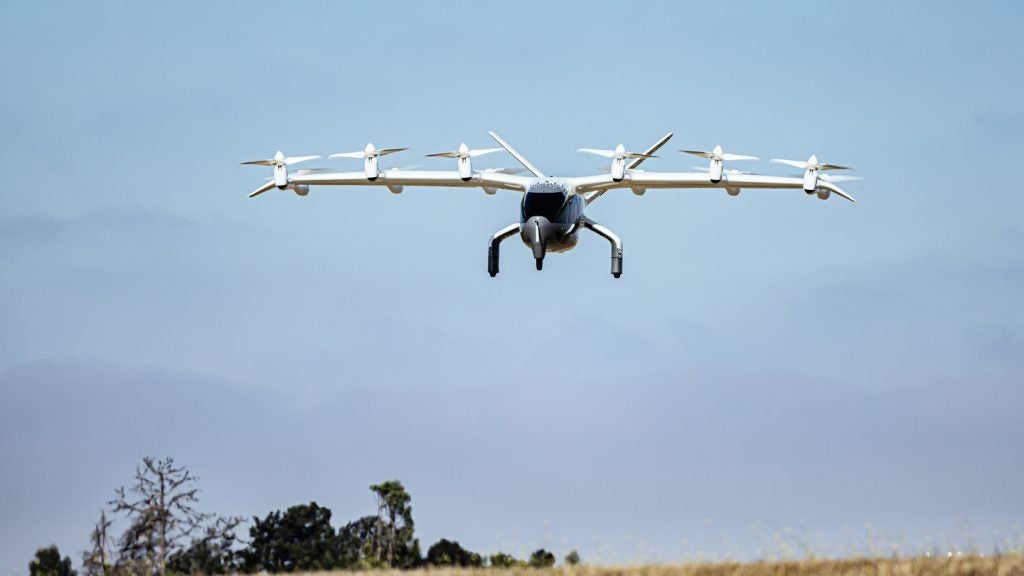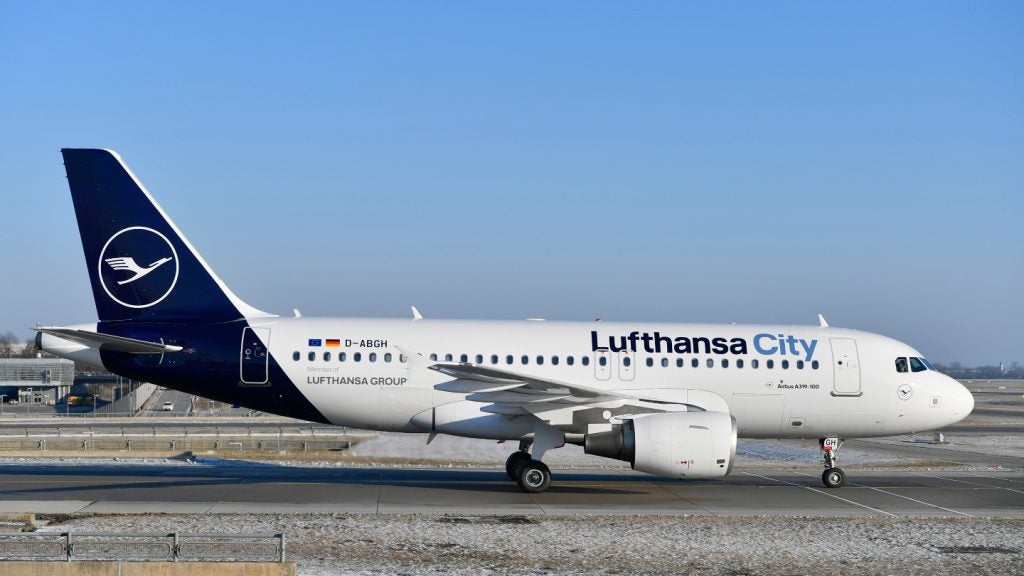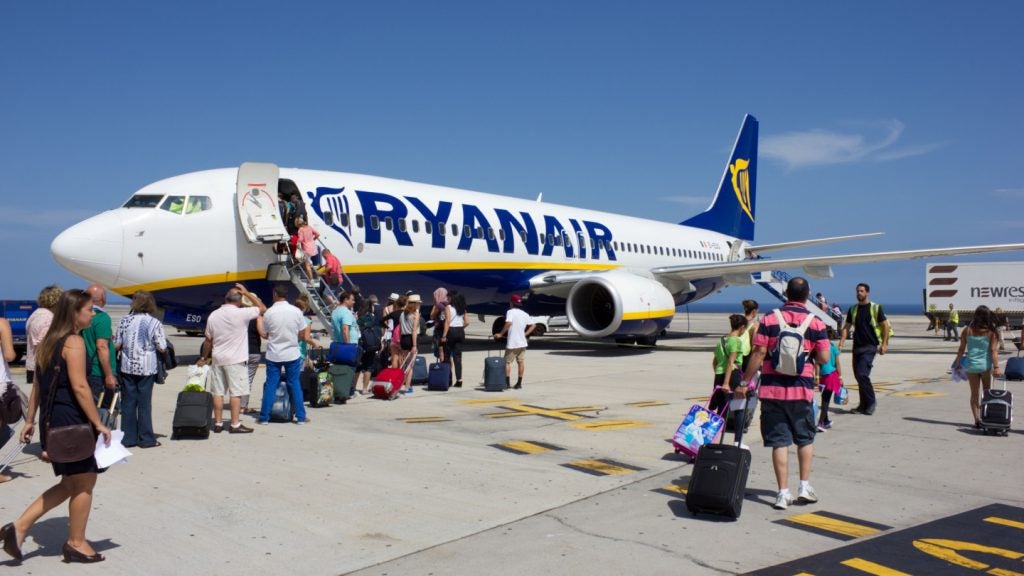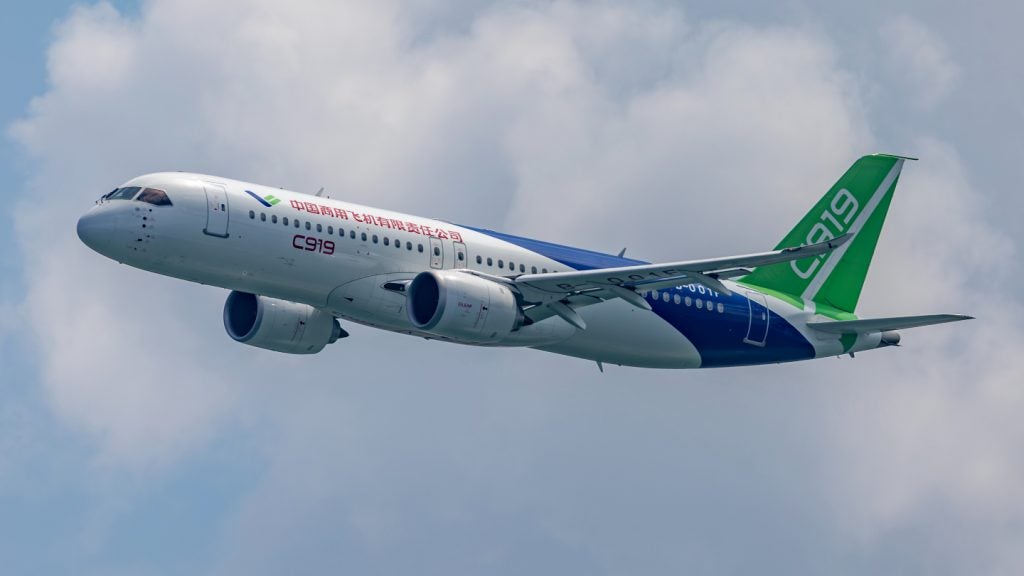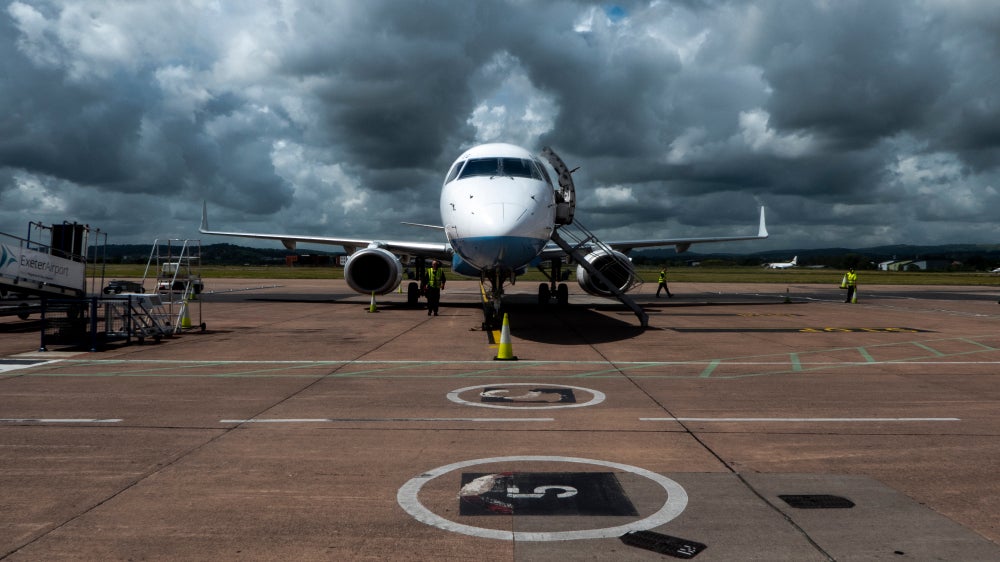The US Department of Justice (DoJ) will reportedly investigate whether quality control issues at Boeing, that likely led to the blow out of a door plug on an Alaska Airlines flight, may form a case for criminal prosecution.
While there were no serious injuries after the incident on a 737 MAX 9 aircraft, the DoJ is investigating whether the event violates a 2021 deferred-prosecution agreement.
First reported by Bloomberg, the DoJ review comes as the incident on 5 January occurred just two days before the agreement would have expired and the charge of conspiracy to defraud the United States could have been dismissed.
The $2.5bn deal signed by Boeing and the DoJ was negotiated after the deaths of 346 people across two crashes involving 737 MAX aircraft, and included a criminal penalty of $243.6m, a $500m victim beneficiaries fund, and $1.77bn in compensation for Boeing’s airline customers.
The agreement held the US manufacturer to a compliance programme designed to ensure issues were not hidden from the Federal Aviation Administration (FAA) during the aircraft certification process, after Boeing admitted its employees had hidden information about a faulty Manoeuvring Characteristics Augmentation System from regulators.
All 737 MAXs were grounded for 20 months after the two incidents involving a Lion Air flight in Indonesia in 2018 and an Ethiopian Airlines flight in Ethiopia in 2019, and the FAA subsequently changed its certification policies to include a greater focus on flight control systems.
More recently, a preliminary report from the National Transportation Safety Board’s investigation into the cause of the blow out incident found that the aircraft involved had likely left Boeing’s factory in Renton, Washington with key safety bolts missing from the affected door plug.
As a result, Boeing has recently overseen a shakeup of its 737 MAX programme leadership, including the ousting of chief Ed Clark and the creation of a new Senior VP for Quality at Boeing Commercial Airplanes position, and has also stepped up oversight of its 737 production line.
However, a recent FAA report describing the implementation of safety culture at the manufacturer as “inadequate and confusing” means questions over its quality control are likely to persist, with the company required to produce an action plan to address concerns within 90 days.
The DoJ’s fraud section now has six months to determine whether it believes Boeing complied with the conditions of the prosecution-deferment deal, after which it will have to seek court approval to sign off on the end of the deal.


